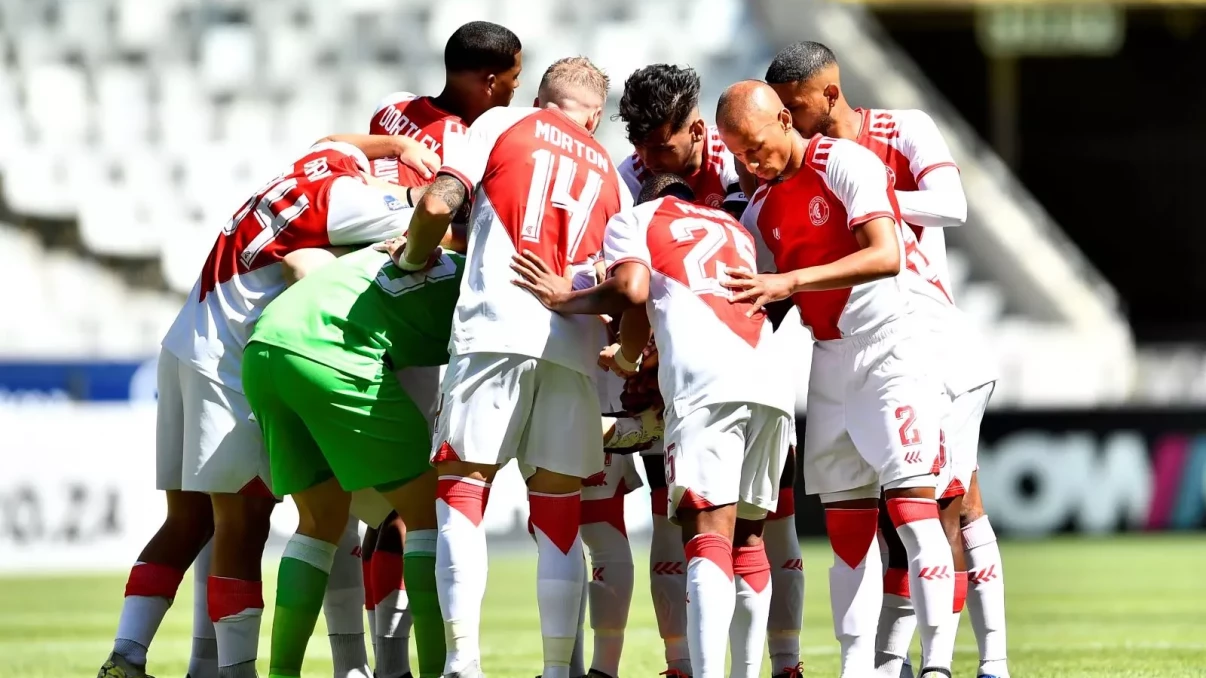Cape Town Spurs letter was “embarrassing” says Moroka Swallows lawyer
12th January 2024

Following confirmation of the sanctions handed to Moroka Swallows for failing to honour two DStv Premiership fixtures in December, a representative of the club has reacted to the controversial Cape Town Spurs letter.
The Dube Birds were on Thursday fined R1-million by the Premier Soccer League, with R600 000 suspended for four months and the rest payable immediately as punishment for cancelling the matches against Mamelodi Sundowns and Golden Arrows last month due to a dispute with players.
Speaking on Metro FM shortly after PSL prosecutor Zola Majavu announced the sentence, Swallows attorney Leruma Thobejane was asked his views on the unprecedented move by Spurs.
The Mother City outfit, currently bottom of the table after just one win in 16 games, emailed a seven-page document to the executive committee, all member clubs and Majavu demanding that the Dube Birds be expelled from the topflight division for making a “mockery” of the PSL.
“Personally, without wearing my hat as a legal representative for Swallows, I don’t believe the letter deserves a response. It seeks to intervene in the independent NSL judicial processes, which is wrong,” Thobejane responded.
“Cape Town Spurs is not party to these proceedings we had, hence they were not there. I don’t want to deal with that – as a lawyer, their letter doesn’t even deserve mentioning. It’s embarrassing for someone to write something like that.”
Thobejane insisted that a public opinion would have been more appropriate from a Spurs point of view.
“Write a letter to the press, come on a radio show and say this is what I wish, that’s an expression of an opinion. I don’t think that would have been interference. But writing to all [PSL] members and the League prosecutor demanding certain things regarding a case that doesn’t involve you…that is completely uncalled for. Even now they could go and express their opinion without interfering with the judicial processes directing the prosecutor to deal with the matter in a particular way.”






